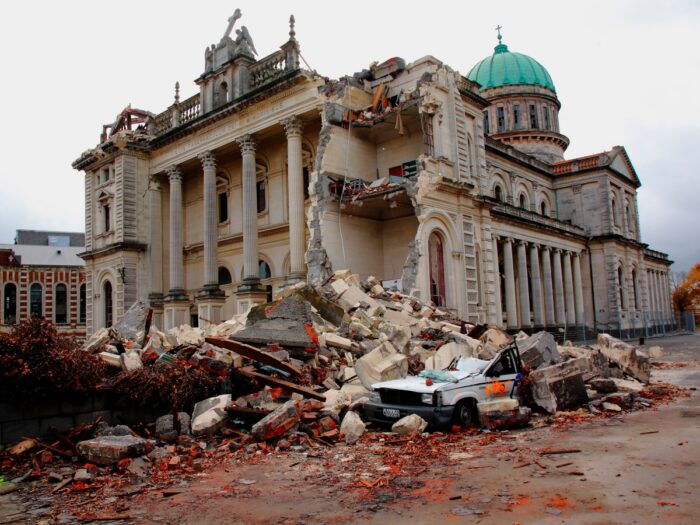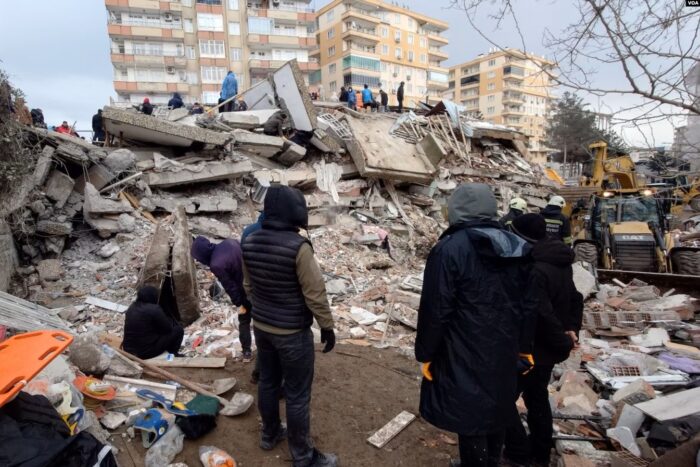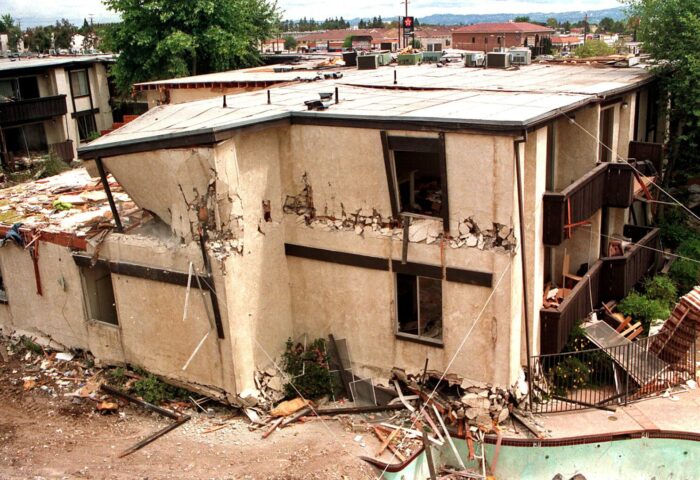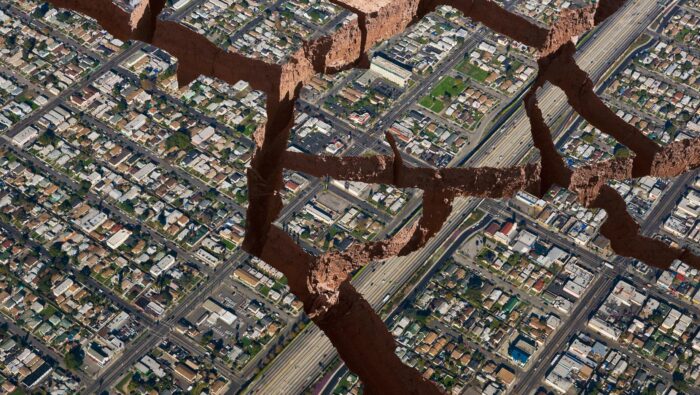
Over 20,000 earthquakes with a magnitude of 4.0 or greater occur each year. 5,000 of which are documented in Canada. Although most earthquakes in Canada are considered relatively mild, there have been at least nine recorded earthquakes with magnitudes greater than seven in the last century such as the Haida Gwaii earthquake recorded in 1949.
Because they are common along the Pacific, Arctic, and Atlantic coasts, British Columbia, the St. Lawrence River, the Ottawa River, as well as a few northern territories, are considered high risk.
A strong quake is one of the most damaging and life-threatening disasters a nation could experience. Even a level 6 magnitude can cause severe destruction amongst infrastructures and homes. Earthquake insurance is non-negotiable especially for countries such as Canada that are prone to seismic activity.
Because they are unpredictable, having a specialized insurance coverage provides homeowners and property owners alike with financial security and peace of mind. Keep your loved ones safe by staying alert and prepared — click here to get a quote.
Earthquake Damage and the Relevance of Earthquake Insurance in Recovery

The effects of an earthquake may vary due to many factors such as the level of intensity and the location of the epicenter. They can cause severe damage to homes, infrastructures, facilities, transportation systems, roads, power, and water systems. What took years and millions to build are all destroyed in just a matter of seconds.
After an earthquake, it is important to assess the perimeter for hazards such as possible gas leaks, fires, structural and ground instability, and utility disruptions. Rebuilding and restoring these damaged properties can be costly and tedious, leading to financial burdens which is why earthquake home insurance is so important.
This type of insurance provides a specially designed coverage that relieves you of the high costs of rebuilding and restoration, helping you get back up on your feet without all the unwanted expenses. It offers victims financial assistance to restore homes, replace properties, and even cover living expenses in the event of the complete loss of structure.
Home and property owners that invest in earthquake insurance are better prepared to rebuild their lives after a catastrophic event, minimizing the long-term financial burden.
Tips to Minimize Post-Earthquake Damages in Homes

Proper preparation is needed to avoid injury and destruction of properties. Looking out for warnings and proper installations of household appliances are hugely beneficial. Here are a few tips to minimize earthquake aftermaths:
- Fasten light fixtures and suspended ceilings: Chandeliers and hanging light fixtures sway during seismic activity and will likely fall, making it a hazard. Tightly fasten bolts and screws to avoid it coming loose. Fluorescents and light bulbs are likely to break and spread shattered glass all over the area, therefore wrapping such items around the household is important, keeping the glass from scattering if it breaks.
- Brace water heaters and other appliances: Water heaters must be securely braced onto the structure of your homes as earthquakes have the power to dismount it. This could lead to not only flooding, damaging floorings, walls, and personal possessions, but can also lead to fires and explosions if powered by natural gas. Securing such appliances is empirical to avoid other possible accidents in the home.
- Secure heavy objects: Heavy objects and appliances such as your TV, cabinets, desks, and personal computer may fall during an earthquake, causing damage or injury. Be sure to secure them to the furniture they are on using velcro or non-skid pads.

- Brace Cabinets and Bookshelves: As these furniture can shake and tip over during an earthquake, it is advised to have these mounted onto the structure with bolts or screws to ensure its security and stability. This will decrease the likelihood of damaging walls and flooring and as well as decrease the chances of injury.
- Make use of locks: Attaching locks to doors, cabinets, and closets can prevent its contents from spilling and scattering all over the place.
- Frames and mirrors must be strategically placed: Since these items are the first to fall over during earthquakes, it is important to take note of where you are placing them. These items must never be placed directly above beds or sofas and must be secured into walls using multiple screws instead of the traditional picture frame hangers as these provide more support.
Factors to Consider When Choosing Insurance

When choosing earthquake insurance, there are several crucial factors to consider to ensure that you make an informed decision. By evaluating these factors, you can determine the most suitable coverage for your needs and financial situation.
Coverage Limits
Assess the potential cost of damages that an earthquake could cause to your property. Consider the rebuilding costs, as well as expenses related to personal belongings and additional living expenses. Choose coverage limits that adequately protect your assets and provide peace of mind.
Deductibles
Examine the deductible options offered by insurance providers. A deductible is the amount you must pay out of pocket before the insurance coverage kicks in. Determine the level of deductible you can comfortably afford in the event of an earthquake. Keep in mind that higher deductibles may lower your premiums but increase your financial responsibility in case of a claim.
Exclusions and Limitation

Carefully review the policy to understand any exclusions or limitations that may impact your coverage. Certain items, such as jewelry or artwork, may have limited coverage under standard policies. Evaluate the extent of coverage for different types of damages and consider additional endorsements if necessary.
Insurance Provider
Research the reputation, financial stability, and customer service record of the insurance company. Read reviews and seek recommendations from trusted sources. A reliable insurer with a strong track record will ensure a smoother claims process and provide reliable support during challenging times.
Claim Process and Customer Service
Understand the claims process and the level of customer service offered by the insurance company. Evaluate factors such as claim response time, availability of 24/7 assistance, and customer satisfaction ratings. A responsive and supportive insurer will help you navigate the claims process efficiently.
So, is earthquake insurance worth it?
Unpredictable disasters such as earthquakes must be anticipated in order to keep you and your family safe. Hence, the importance of earthquake coverage cannot be stressed enough. These help protect you and your family financially and provide you peace by investing in earthquake coverage.












